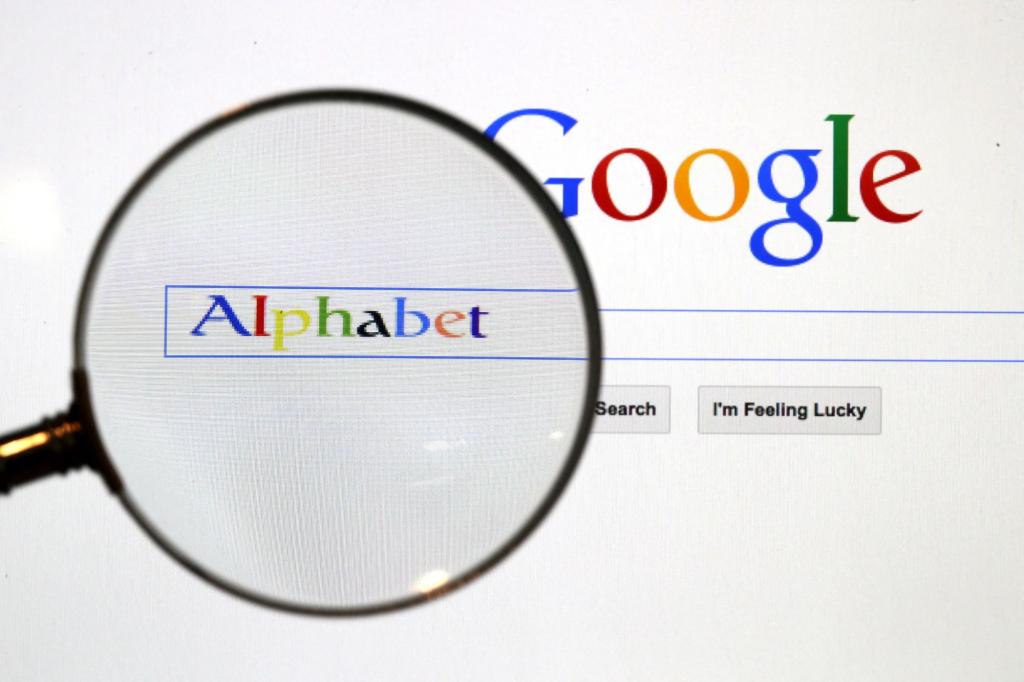Google has settled a lawsuit filed against it for secretly tracking the internet use of people who were browsing privately. The settlement, filed in an Oakland, California federal court, requires approval by U.S. District Judge Yvonne Gonzalez Rogers and has been valued at more than $5 billion by lawyers for the plaintiffs. While Google will pay no damages as part of the settlement, users can individually sue the company for damages. The lawsuit covered millions of Google users who had used private browsing since June 1, 2016.
Users alleged that Google’s analytics, cookies, and apps allowed the company to improperly track individuals using Google’s Chrome browser in “Incognito” mode and other browsers in “private” browsing mode. This tracking gave Google access to personal information such as friends, favorite foods, hobbies, shopping habits, and the most intimate details individuals search for online. As part of the settlement, Google will update disclosures on what it collects during private browsing sessions and allow Incognito users to block third-party cookies for five years. This will result in Google collecting less data from private browsing sessions and making less money from the data, according to the plaintiffs’ lawyers.
Google spokesperson Jose Castaneda stated that the company was pleased to settle the lawsuit, which it always considered meritless. He also mentioned that Google does not associate data with individual users when they use Incognito mode and that the company will delete old technical data that was not linked to any individual or used for personalization. Lawyer David Boies, representing the plaintiffs, called the settlement a historic step in requiring honesty and accountability from dominant technology companies. The settlement was reached after a preliminary agreement in December which helped avoid a scheduled trial in February 2024. The plaintiffs’ lawyers expect to later seek unspecified legal fees payable by Google.
The settlement with Google requires the company to update disclosures on what data it collects during private browsing sessions, a process that is already underway. Individuals using Incognito mode will have the option to block third-party cookies for a period of five years, reducing the amount of data that Google collects and the revenue it generates from such data. Google maintains that it does not associate personal data with users during Incognito browsing and is happy to delete any old technical data that was not tied to any individual and not used for personalization.
Millions of Google users who have used private browsing since June 1, 2016 were part of the lawsuit against Google alleging that the company improperly tracked their online activities through analytics, cookies, and apps, disclosing information that users believed was private. The settlement, which needs court approval, has a value estimated at more than $5 billion, according to plaintiffs’ lawyers. Google has agreed to settle without paying any damages but users retain the right to sue the company individually for damages. The settlement, if approved, will result in Google collecting less data from private browsing sessions and reduce its earnings from this data, as outlined by the plaintiffs’ lawyers.
The settlement with Google is considered a significant step towards requiring transparency and accountability from dominant technology companies, according to David Boies, a lawyer representing the plaintiffs. The lawsuit was a class action brought in 2020 to address the allegations that Google’s tracking practices during private browsing compromised user privacy, access to personal information, and the revenue generated from such data. The agreement reached between Google and the plaintiffs’ lawyers is expected to lead to changes in how data is collected during private browsing sessions and provide users more control over their online privacy. The settlement is a historic milestone in the ongoing effort to hold technology companies accountable for how they handle user data and ensure greater honesty in their operations.


